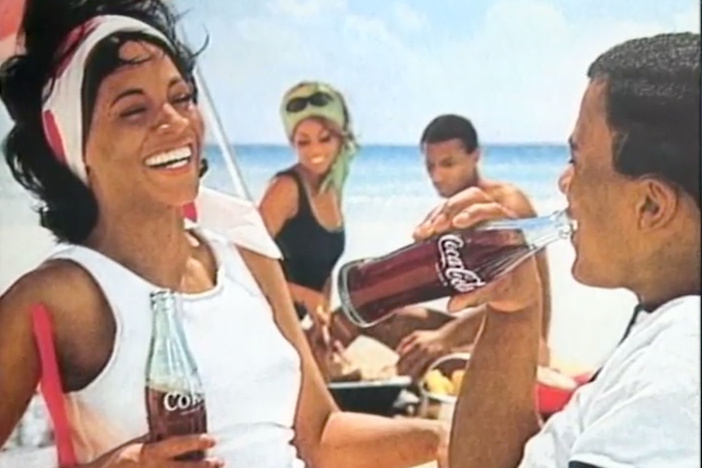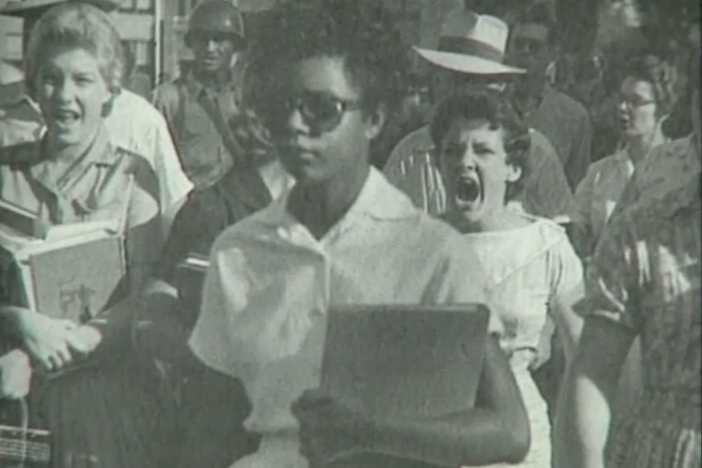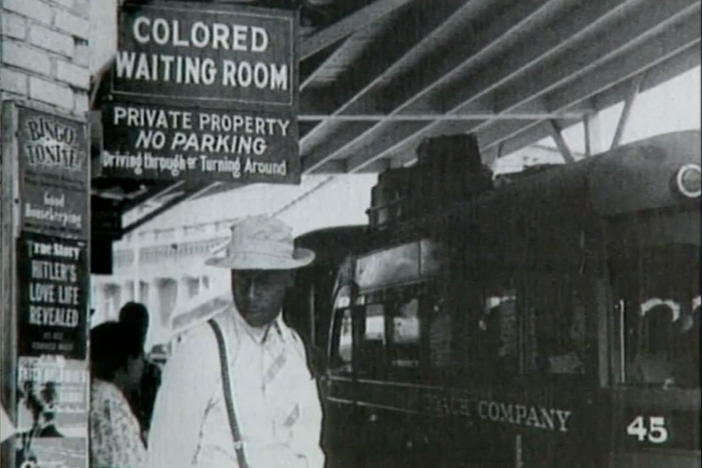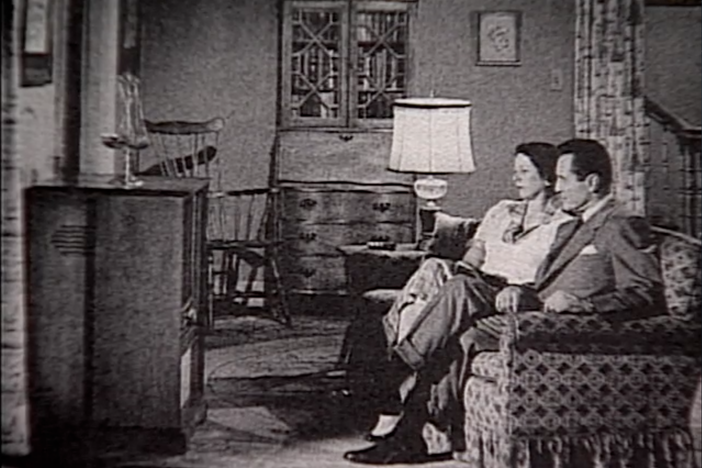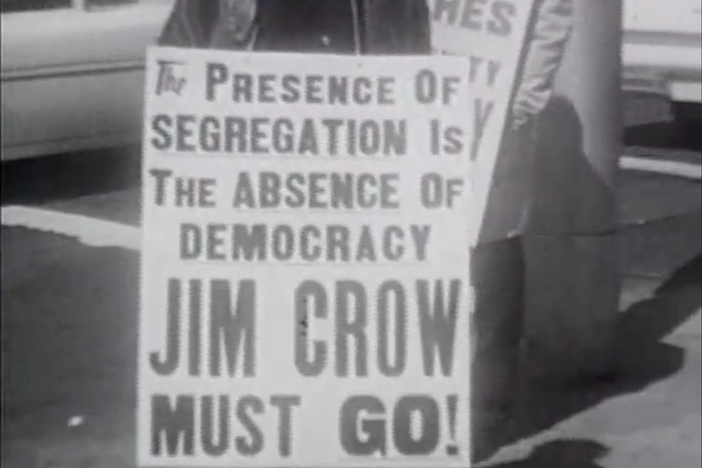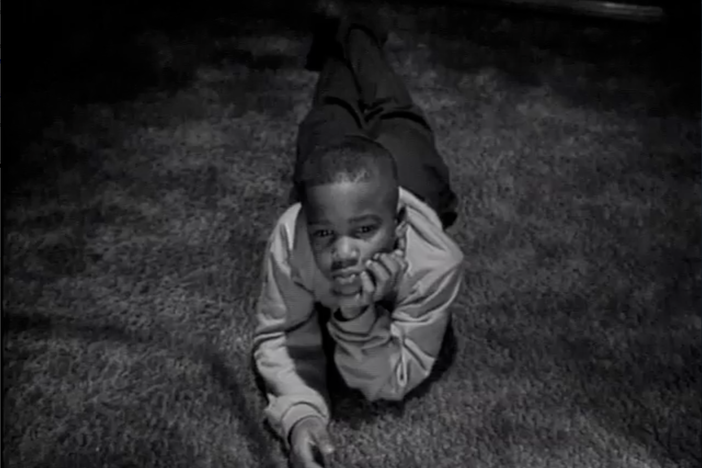The Economic Impact of Racial Discrimination
Farmer Felder Daniels, Doug Bachtel, a demographer at the University of Georgia, Lillie Rosser, a former housecleaner and now an assistant pastor at an Atlanta church, and Tena Butler, who attended segregated schools in Savannah, discuss the economic impact of the Civil Rights Movement and the challenges African Americans in Georgia faced.
The Economic Impact of Racial Discrimination
Farmer Felder Daniels, Doug Bachtel, a demographer at the University of Georgia, Lillie Rosser, a former housecleaner and now an assistant pastor at an Atlanta church, and Tena Butler, who attended segregated schools in Savannah, discuss the economic impact of the Civil Rights Movement and the challenges African Americans in Georgia faced.
Social Studies
Analyze how rights were denied to African Americans or Blacks through Jim Crow laws, Plessy v. Ferguson, disenfranchisement, and racial violence, including the 1906 Atlanta Riot.
Explain Georgia's response to Brown v. Board of Education including the 1956 flag and the Sibley Commission.
Describe the role of individuals (Martin Luther King, Jr. and John Lewis), groups (SNCC and SCLC) and events (Albany Movement and March on Washington) in the Civil Rights Movement.
1. Cite an example of discrimination faced by African-American farmers in the past. Why did this happen? What caused many African Americans to leave farm life?
2. How have some African Americans used non-violent methods to end discrimination?
3. Give examples of how economic gains made by African Americans since the 1960s have impacted Georgia’s economy.
1. Your teacher should provide a list of Georgia’s character education traits. Choose one of the Georgians in the film and write a paragraph describing how that person exhibits two or more traits.
2. Find a business in your community that is owned and operated by an African American. Either interview them (plan questions ahead of time) or ask them to talk to your class about the experience of acquiring and running their own business.
Ask questions such as: What made you want to own your own business? How did you decide to get into the business you now own? Did you have to start at the “bottom” and work your way up? What kinds of problems did you have? Are these the same problems all entrepreneurs would have, or are they unique for people of color? What would you recommend if a young person today wanted to eventually own their own business - no matter what race they are? (Make sure you listen and have follow-up questions for them as they talk.)
sharecropper: person who supplies labor to a landowner who provides house, materials, seeds, money to plant and harvest a crop
discrimination: to distinguish between people, especially by gender or race
desegregation: to end a policy that keeps people of different races apart
1. Cite an example of discrimination faced by African-American farmers in the past. Why did this happen? What caused many African Americans to leave farm life?
African-Americans were refused lines of credit and loans from banks. It was thought they might not be good risks to pay back the money. Cities have attracted many who want more secure jobs and they just aren’t interested in the demands of farming.
2. How have some African-Americans used non-violent methods to end discrimination?
Tena Butler picketed against businesses that had discriminatory policies. She was told that she would lose her job if she continued this practice. She resigned, got another job and continued her work to try to integrate places that had been off limits to African-Americans. Organizations such as the NAACP used non-violent means.
3. Give examples of how economic gains made by African Americans since the 1960s have impacted Georgia’s economy.
Even before the 1960s, Atlanta could boast the largest Black-owned Insurance company in the United States: The Atlanta Life Insurance Company begun by Alonzo Herndon in 1905. It still exists. Once African Americans began to own their own businesses (The Auburn Elite: Black business owners in the Auburn Avenue district), more of the Black community was employed and more of them were able to save, invest, and improve their standard of living – just as whites had been able to do for centuries. Godfather’s Pizza was owned by Herman Cain, who ran for Congress and is now a radio personality and business leader. Barber shops, beauty shops, grocery stores, auto repair and parts stores, lawyers offices, doctors’ offices are examples of Black-owned businesses that cater to both blacks and whites. When African Americans were given the same opportunities as whites to advance within the business world, many took advantage of this. They either created their own businesses or were able to get an advanced degree and move up the ladder in the corporate world. It is not uncommon to see African Americans in every single business in Atlanta. This has improved customer service and satisfaction and well as employ many of those who might not have had jobs otherwise. This has, therefore, increased Georgia’s economy and insured Atlanta’s place as the transportation and business hub of the South.
